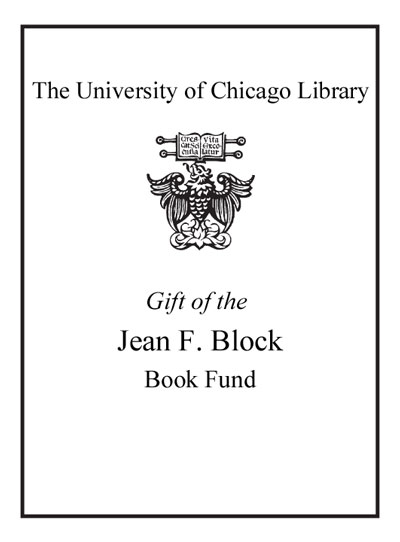Power, love and evil : contribution to a philosophy of the damaged /
Saved in:
| Author / Creator: | Cristaudo, Wayne, 1954- |
|---|---|
| Imprint: | Amsterdam ; New York : Rodopi, c2008. |
| Description: | 166 p. ; 24 cm. |
| Language: | English |
| Series: | At the interface/probing the boundaries ; v. 42 At the interface/probing the boundaries ; v. 42. |
| Subject: | |
| Format: | Print Book |
| URL for this record: | http://pi.lib.uchicago.edu/1001/cat/bib/6857943 |
| Summary: | Love and evil are real - they are substances of force fields which contain us as constituent parts. Of all the powers of life they are the two most pregnant with meaning, hence the most generative of what is specifically human. Love and evil stand in the closest relationship to each other: evil is both what destroys love and what forces more love out of us; it is, as Augustine astutely grasped, privative (requiring something to negate) but it is also born out of misdirected love. Breaking with naïve realist and post-modern dogmas about the nature of the real, this book provides the basis for a philosophy of generative action as it draws upon examples from philosophy, literature, religion and popular culture. While this book has a sympathetic ear for ancient and traditional narratives about the meaning of life, it offers a philosophy appropriate for our times and our crises. It is particularly directed at readers who are seeking for new ways to think about our world and self-making, and who are as dissatisfied with post-Nietzschean and post-Marxian 20th century social theory as they are by more traditional philosophical and naturalistic accounts of human being. |
|---|---|
| Physical Description: | 166 p. ; 24 cm. |
| Bibliography: | Includes bibliographical references (p. [147]-160) and index. |
| ISBN: | 9042023384 9789042023383 |

